It is time to draw a line under this story of national failure
The neglect of all of those living with severe mental illness boils down to a single driving factor. We think it is indifference.
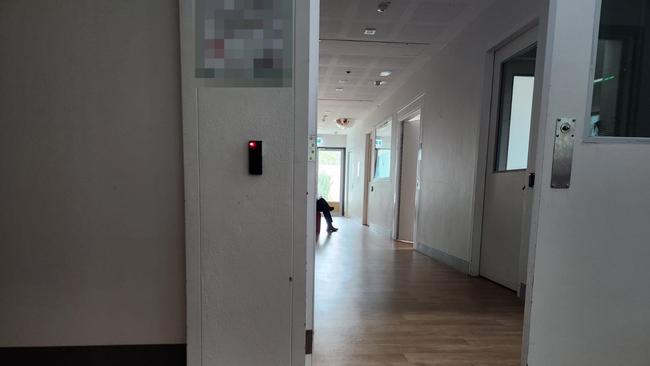
The national catastrophe that is the longtime and systematic neglect of those living with severe mental illnesses in this country demands not emotion, not pronouncements of regret nor goodwill, but forensic attention, and a determination to pursue solutions.
Over the past 10 days, we have documented in hard numbers and personal stories the scale of the tragedy. It is that we are short 10,000 hospital beds in psychiatric wards. It is that the workforce is less than half of what it needs to be, and is at breaking point. It is threadbare community care. It is widespread homelessness. It is routine incarceration.
It is avoidable death, like that of 26-year-old Patrick Leunig, whose father, Andrew, described his eternal heartbreak at the loss of a son, and disgust as a taxpayer at the dollars wasted on ineffective, revolving-door care.
It is the trauma that those harmed within the system carry, like 29-year-old Billie, who cannot approach a Woolworths store where security guards are stationed lest it trigger memories of being restrained in hospital by burly men untrained in health, who held her body tight as she was forcibly sedated and then placed in seclusion.
Despite our thousands of words documenting this neglect at the heart of our health system, and our attempts in economic analysis to demonstrate housing solutions, there was one story we could not tell, that remains silent and hidden.
It is the story of those who are perhaps the most vulnerable of all. The babies, and the mothers of those babies, who experience tragic outcomes, sometimes fatal, as a result of their invisibility to our healthcare system, indeed to our society.
There are more than 5000 babies, on a conservative estimate, born to mothers with schizophrenia and other psychotic conditions in Australia every year. Many of these mothers access zero antenatal care. Sometimes, their births are attended at the bedside by child protection workers who whisk these babies away, never placed to the breast.
After birth, the mothers are taken not to the post-natal ward but to the involuntary psychiatric inpatient unit, where they bleed alone inside their room as a security guard sits on duty outside the door. Breast milk dries up while a mother’s longed-for baby is placed into emergency foster care.
The literature tells us that removal of babies like this provokes stronger emotional distress than the death of a baby.
Mental health: Cast Adrift
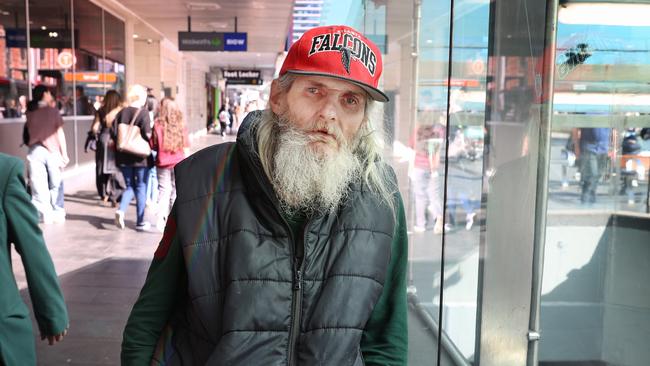
Home truths: jails overflow as mentally ill live on the streets
Since the closure of mental asylums, the ranks of prisoners and the homeless have swelled with the severely mentally ill.
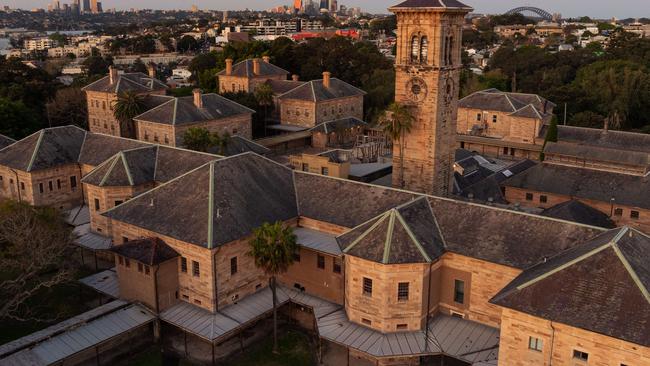
‘Nowhere to go’: supported housing could ease the burden of mental illness
Investments in housing for those with severe mental illness would reap enormous gains and savings for the nation.
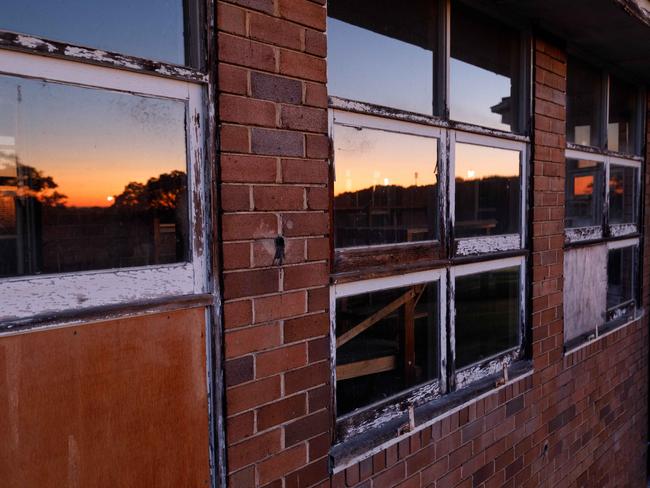
Shocking plight of mentally ill ‘a stain on nation’
Health Minister Mark Butler describes the atrocious health outcomes, social exclusion and widespread homelessness as ‘a shocking reflection on our community’. The situation is revealed in a report by The Australian and Australian National University.
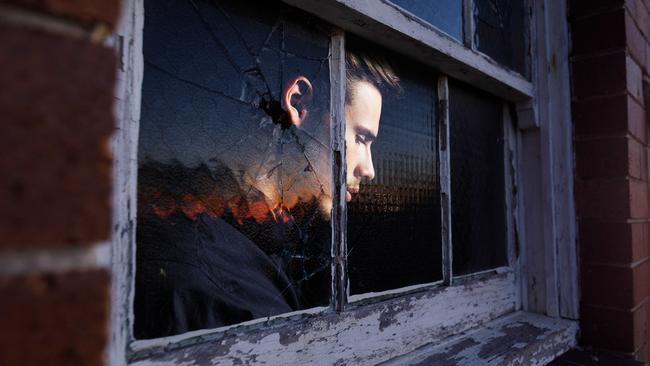
The clearing out of asylums was meant to provide hope. Instead it spawned an underclass
The severely mentally ill were promised a better future after asylums were mothballed. The promises were hollow.
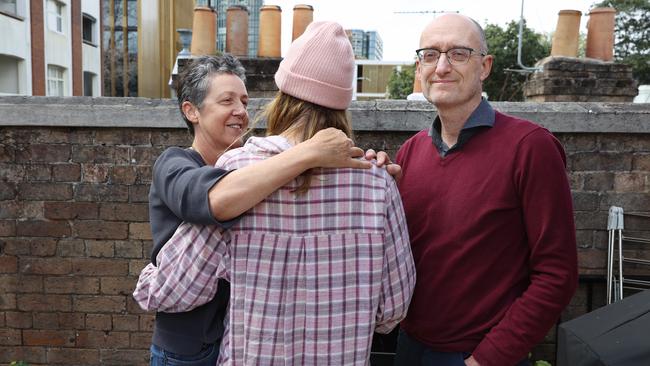
‘My nightmare of trauma and terror’
I am a 29-year-old woman living with treatment-resistant schizophrenia. I spent most of my younger years in and out of the public mental health system. This is my story.
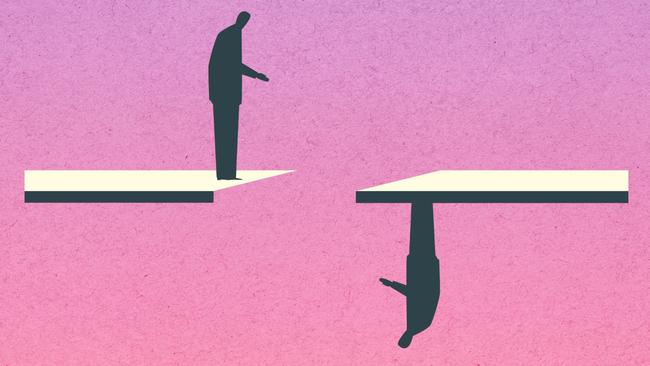
Shocking life expectancy gap has not shifted in a century
The huge gap in life expectancy between those with severe mental illness and the rest of the population is growing in Australia, with no improvement in sight.

‘As a father I’m heartbroken, as a taxpayer I’m appalled’
Patrick Leunig went to a top private school and was set to study law. Then his life spiralled downwards. His grief-stricken father tells of how our system failed his son.
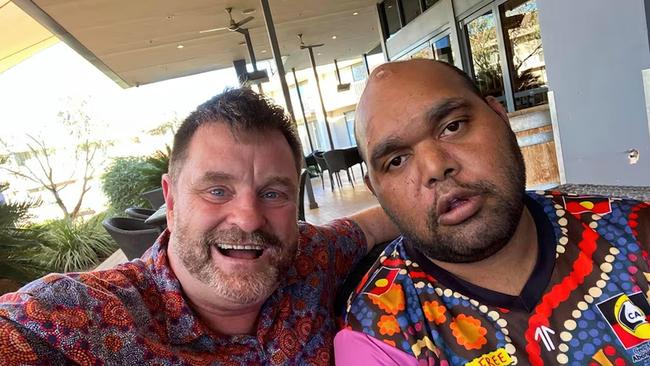
Freedom fight: Locked up and invisible in the heart of Australia
A young Aboriginal man’s escape from hell charts a community win for one of the many cognitively impaired and mentally troubled First Nations offenders who languish in our prison system.
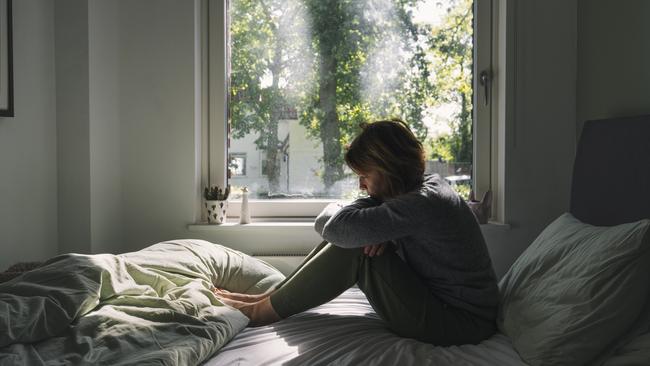
Australia has a chance to fix its mental health system. Will we take it?
Australia’s broken mental health system has failed hundreds of thousands of people with severe illness with ineffective care – and that’s if they can access any at all. But one initiative may shift the dial.
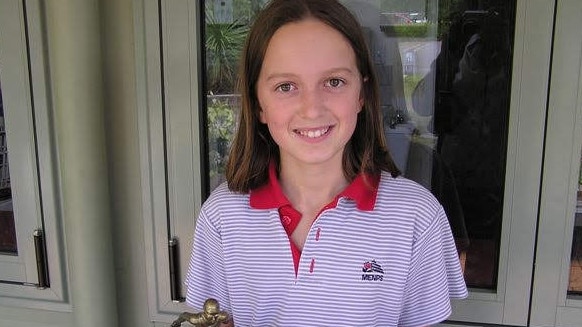
‘The mental health ward became my prison cell’: a patient’s plea for change
Billie spent more than 1000 days in hospital before she turned 18. Damaged but determined, she is now speaking out for mental health reform.
Other mothers who experience psychosis post-partum are still routinely placed in involuntary psychiatric wards and separated from their babies. While mother and baby units are slowly being established, they are still rare. These mothers also grieve their baby’s absence, thankfully only temporarily. They pump breast milk. They pour it into the psych ward’s courtyard gardens where it nourishes the soil along with their tears, when ward staff lack the organisation or willingness to even store these mothers’ pumped milk.
That the fate of these babies and mothers has been excised from any national mental health or suicide plan is emblematic of the fact the neglect of all of those living with severe mental illness boils down to a single driving factor. We think it is indifference. But it is not indifference by the populace. It is the indifference of a generation of political leaders, who have failed to properly resource, prioritise or even acknowledge this underclass.
Some seek to sheet the blame home to the policy of deinstitutionalisation of asylums itself. This is a fallacy. The issue is now, and always was, one of policy indifference and an inexorable, steady diminishing of resourcing that has gone on for decades and inflicts deep harms.
That can stop now. We desperately hope that it does. It is time to draw a line under this story of national failure. The benefits to human lives, and the nation itself, will be immeasurable.

To join the conversation, please log in. Don't have an account? Register
Join the conversation, you are commenting as Logout